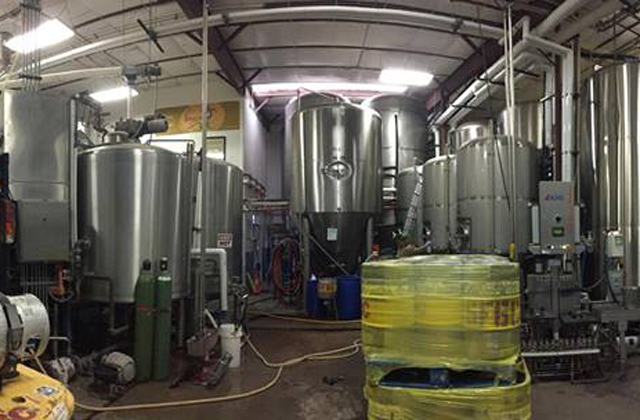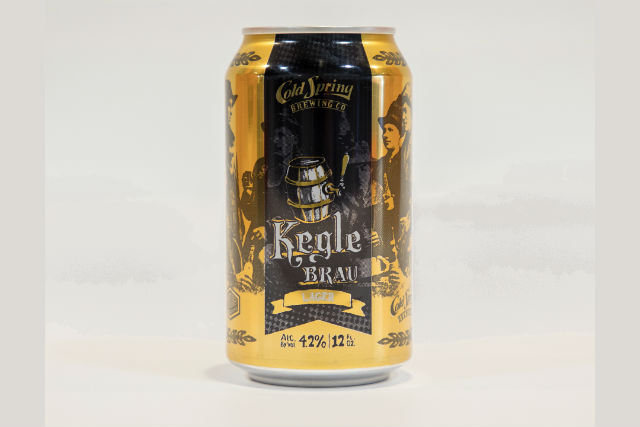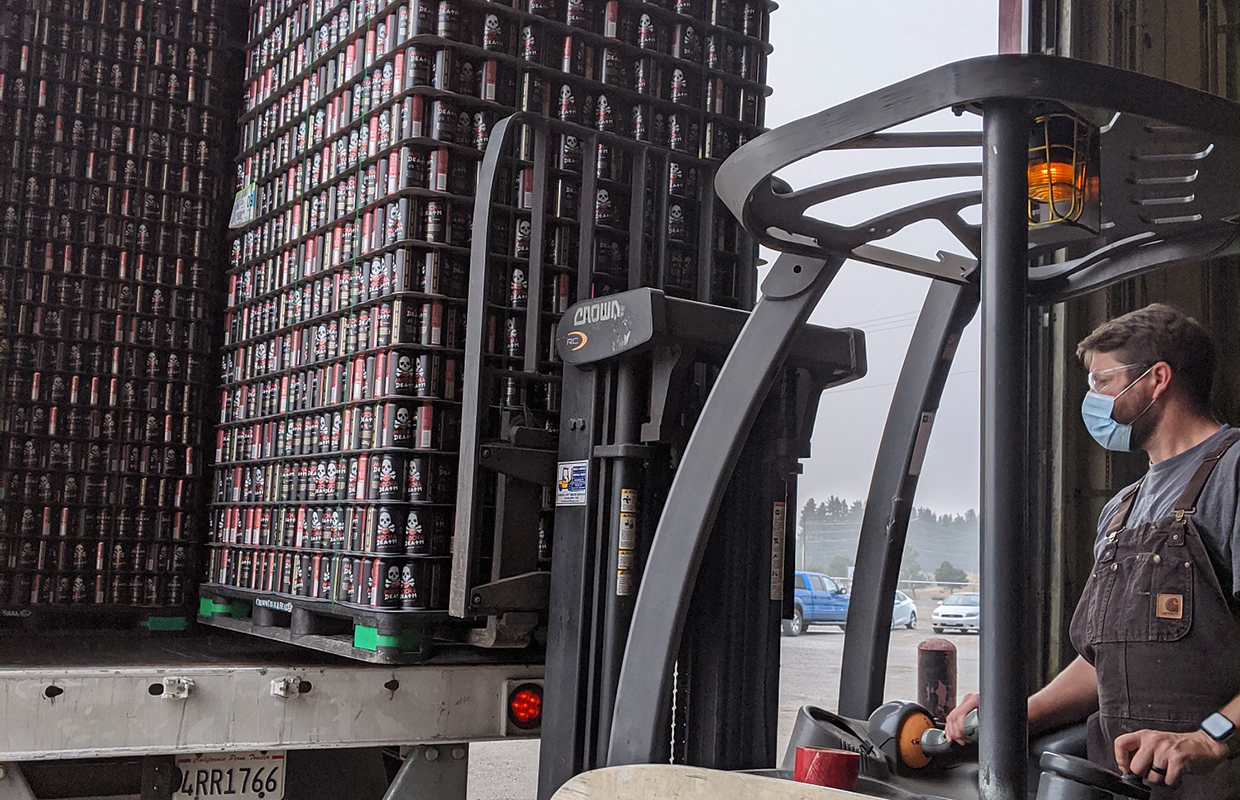
In the upcoming May/June issue of Brewer we explore what some breweries do in creating SOPs. Of course, the pandemic is at the forefront of many breweries, so we appreciate those that took the time to respond. After Brewer went to press, we were contacted by Schlafly Beer‘s Emily Parker-Lampe, the St. Louis brewery’s Chief of Brewing Operations. She shared some great insights that we felt should also be shared.
Schlafly has had the same SOPs for the brewhouse for a while now, she said. What it has put in place more recently is a safety walk-thru for all new employees. It goes over safety hazards in the brewery. In the brewhouse it goes over the following:
- Steam and heat from tanks, boiler, steam piping, and hot liquor hose/piping
- Chemicals: Making them aware of what chemicals are around them and making sure they are clearly marked.
- Forklift traffic: Making employees aware of the forklift lanes and where they will find forklift traffic.
- Be aware of CO2 and the alarm systems within the brewery to alert you to CO2 levels
- Wet floors: Be aware of the slick floors
- Identify Eyewash stations, chemical showers, and fire extinguishers
Schlafly’s insurance company has helped with OSHA training. LOTO (Lockout/Tagout), confined space, fall protection, forklift train the trainer , and such. She said they would either come in and perform the training or will give the brewery the materials to do the training in-house.
”When handling grain bags we talk about safe lifting — lift with the legs, not the back,” Parker-Lampe said. “We require all brewers to wear safety glasses and hard toe, slip-resistant shoes.”
The cleaning schedule includes CIPing the system after every brew day by spinning caustic on the tanks and then rinse while adding a deeper cleaning at the end of every week by spending more time cleaning the lauter tun and the outside of the tanks.
”Automation is our safety,” Parker-Lampe said. ”Our CIP process is automated so the brewer does not have to interact with the chemicals.”






Be the first to comment